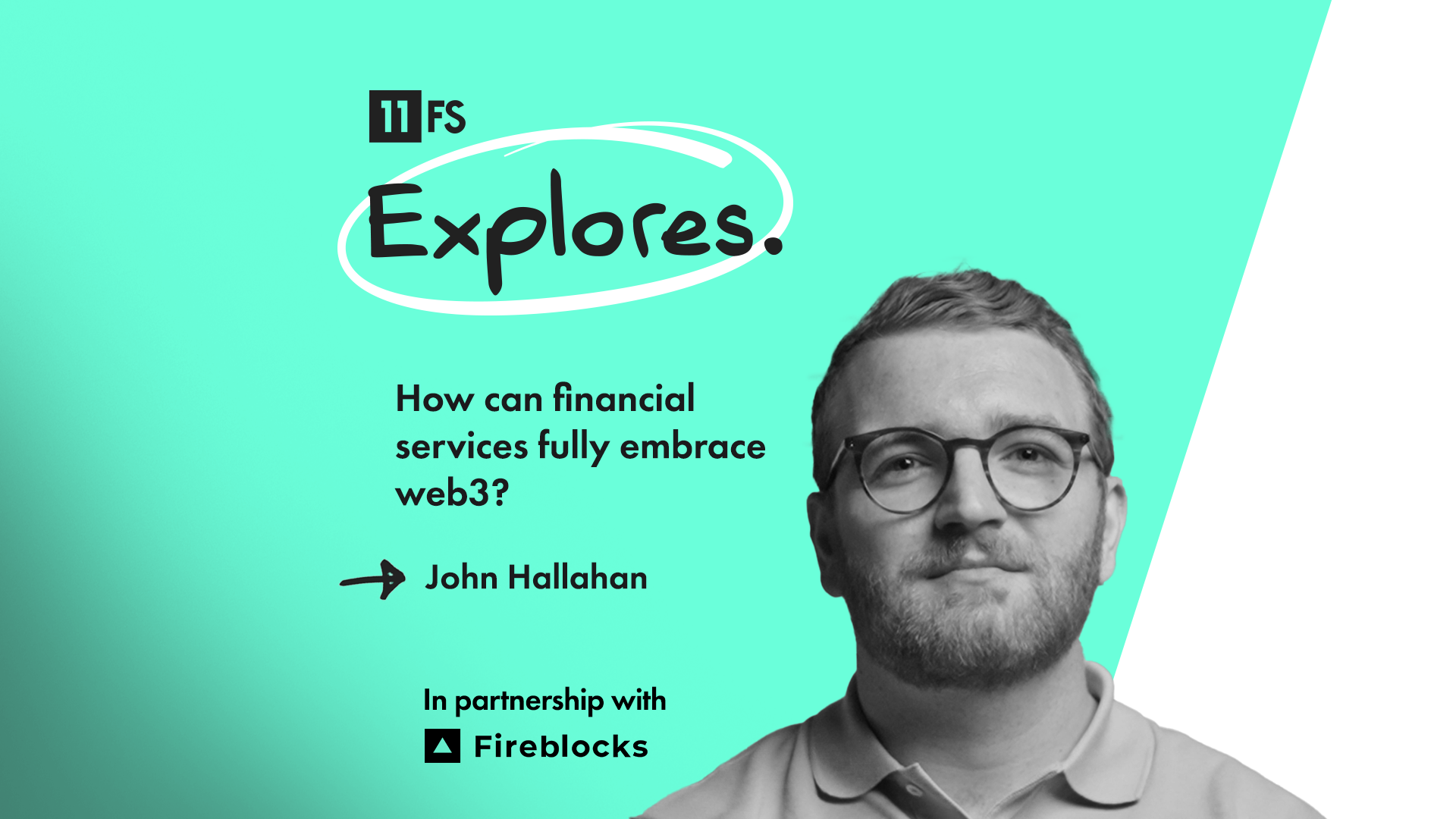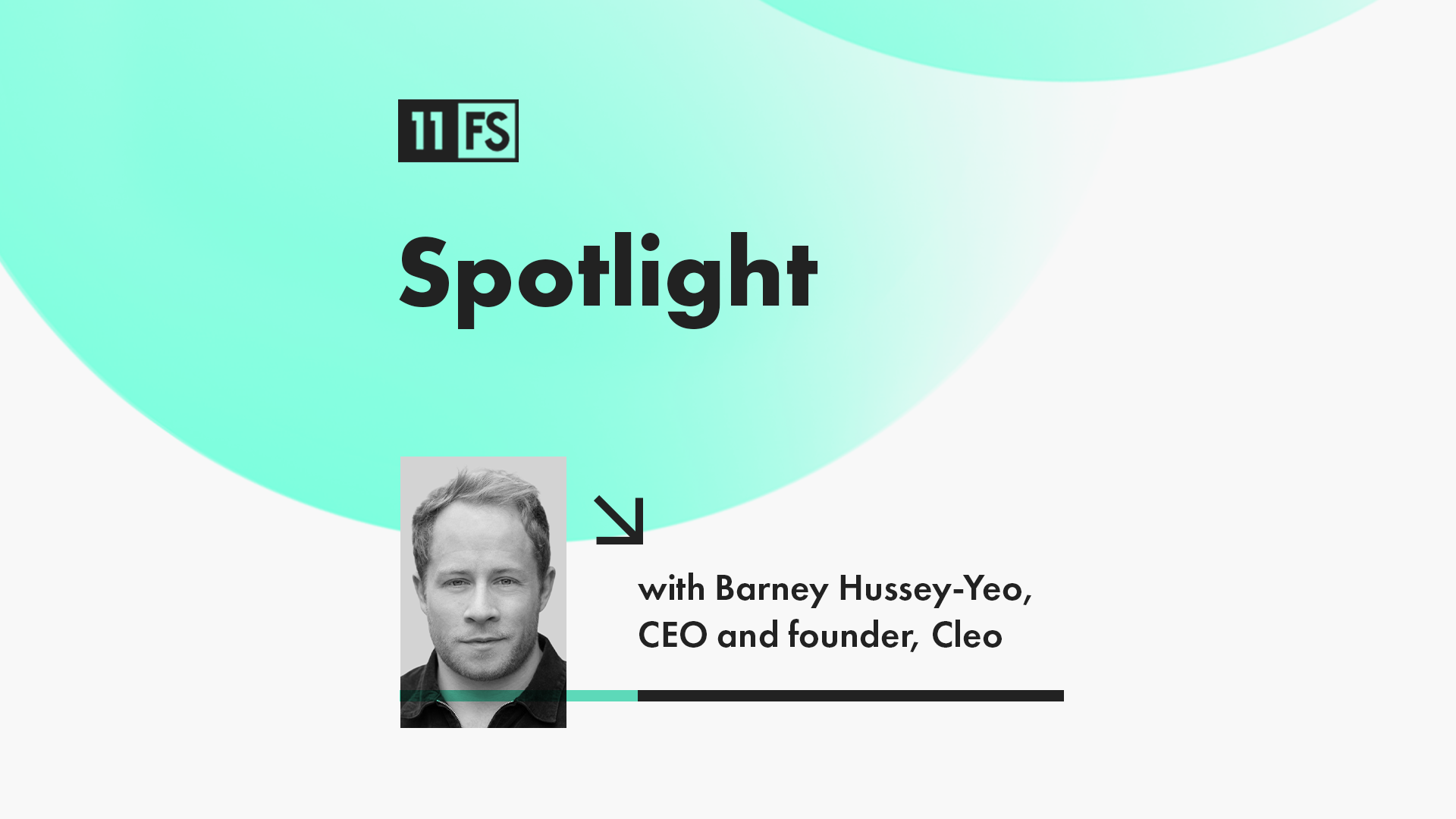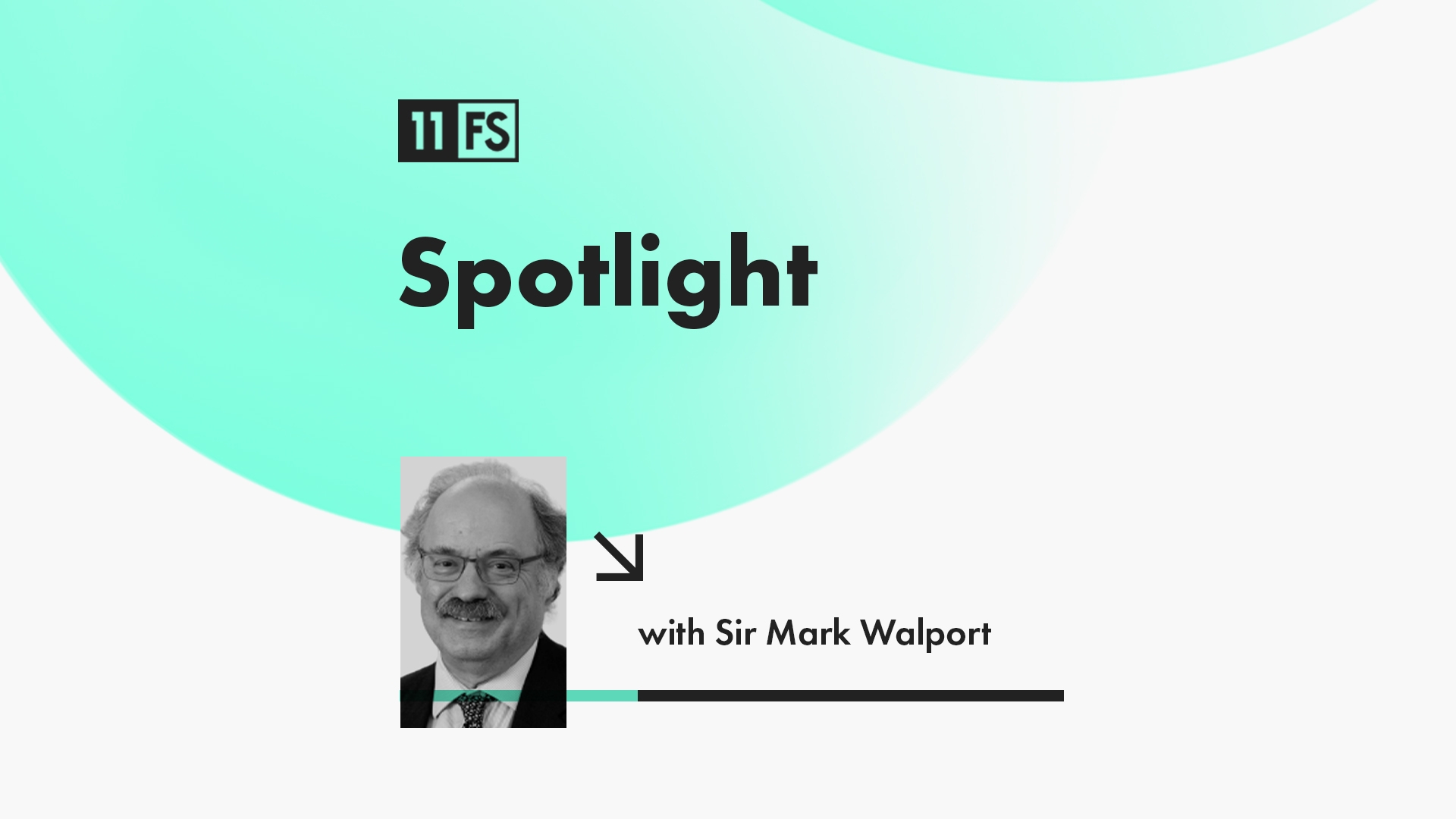
Learn about the latest FS trends and news, from industry experts.

11 US fintechs on our watchlist right now
There’s a reason counties often refer to their tech hubs as “the Silicon Valley of [insert country name here].” The Bay Area is the proud birthplace of some of the world’s biggest technological triumphs, home to global powerhouses like Apple and Visa. Every year the Valley also attracts a host of fintech start-ups - such as Credit Karma, Chime and Varo Bank, to name a few. But it’s not just California driving the future of financial services. We’ve done our research to see which companies across the 50 states are leading the fintech charge. (Did you miss our first blog? See who’s doing awesome things on the other side of the pond with our list of the hottest European fintechs.)

Jobs to be Done: Create a realistic but impactful marketing budget
I speak to a lot of customers about how money fits into their lives. I’ve never come across anyone who said “what I really need is a bank” or more specifically banking products like credit cards or savings accounts. Customers don’t want your products, they want to achieve their goals.People talk about helping their kids go to university or getting the best deal on their mobile phone. Of course, people require money and some kind of financial products to do these things. However, the cold reality for banks is that their commoditised products are not helping customers make progress towards these important jobs in their lives.At 11:FS we help build truly digital next generation digital propositions. Central to this is grounding intelligent digital propositions in customer Jobs To be Done (JTBD).

Why the Middle East could be the next fintech hotspot
Back at the end of 2019, we dived into the perfect fintech storm that was brewing in the Middle East. Diversification had already started in the region, but financial inclusion was reluctant to follow. So where are we now? It’s 2020, and things have been hotting up in the region with opportunities continuing to surface. But what does the region hold for fintech and why is the Middle East where the real gold lies?
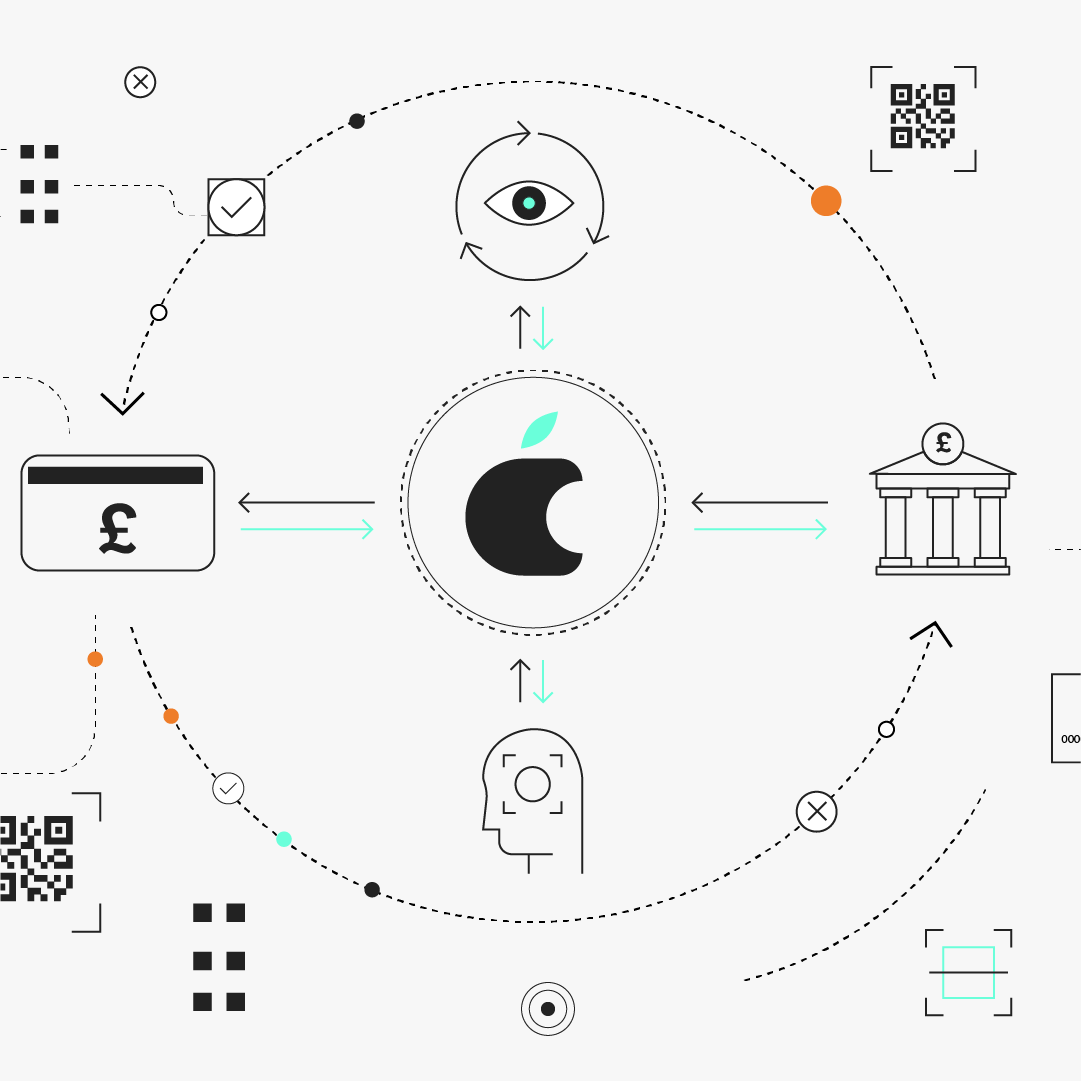
How Apple is leading the charge for brands embedding finance
Cyber attacks are hardly new, so why are banks putting renewed energy into combating them? 11:FS Market Research Analyst Joanne Kumire explains.

11 observations from remote working during lockdown
Pre-COVID, you could’ve called me a globe-trotter. And you wouldn’t have been wrong. As an author, commentator and public speaker, I’m rarely in one place for too long. So getting used to working from home for the past six months has been a revelation, to say the least. In light of World Mental Health Day 2020 (arguably the most important one yet) I thought I’d share some of the observations I’ve made since being thrust into 24/7 remote working. While some of them might be trivial, it’s fair to say I’ve experienced a rollercoaster of emotions. Mental health isn’t a static creature, and it’s bound to fluctuate thanks to the blows we’ve been dealt by the pandemic - I’m sure you can relate.

Jobs to be Done: Helping US SMBs build credibility and legitimacy in order to access funding
This is the final instalment of a 6 part series that explores the Jobs to be Done (JTBD) for US SMBs that we identified in our recent research. Each blog post dives into one of the jobs and how we examined it with a JTBD canvas. If you missed the first post that explains JTBD and the canvas, check it out before reading this.

Seedrs and Crowdcube merger: hot takes
It's a truism that the hardest job in engineering is that of 'Tech Lead'. You're the person who's not only writing code, but simultaneously leading a small group of other engineers and spending large amounts of time talking to stakeholders and the Product Manager (or, ten years ago, *Project* Manager). This is taken from our Unfiltered newsletter. Subscribe now for a no BS, uncensored analysis of fintech news and hot topics delivered to your inbox each fortnight.

11 European fintechs we’re excited about right now
London’s been at the centre of the fintech bubble for over a decade now, and the rest of Europe isn’t far behind. One of the few silver linings of the coronavirus pandemic could be that it might act as a catalyst for a tonne of investment into fintech, as more and more people recognise the need to go digital. Despite the trend for falling investments in 2020, the UK fintech sector is still looking flush thanks to investments of over $1.84 billion. To give you a heads up on the next big companies on the scene, we’ve rounded up the hottest startups on our watch list 🔥

Using the cloud to fly sky high above the competition
As we roll into 2018 thoughts inevitably turn to the big themes that we might expect (and hope) to see for user experience in the financial services industry this year.

Jobs to be Done: How to help US SMBs keep their personal assets separate from their business finances
Jobs To Be Done (JTBD) is a theory. Its main aim is to explain why customers start - and stop - using different products and services in the market. Stripped down to the essentials, it’s a fairly straightforward concept first introduced by Harvard professor Clayton Christensen that can be adapted into a useful tool for product development.
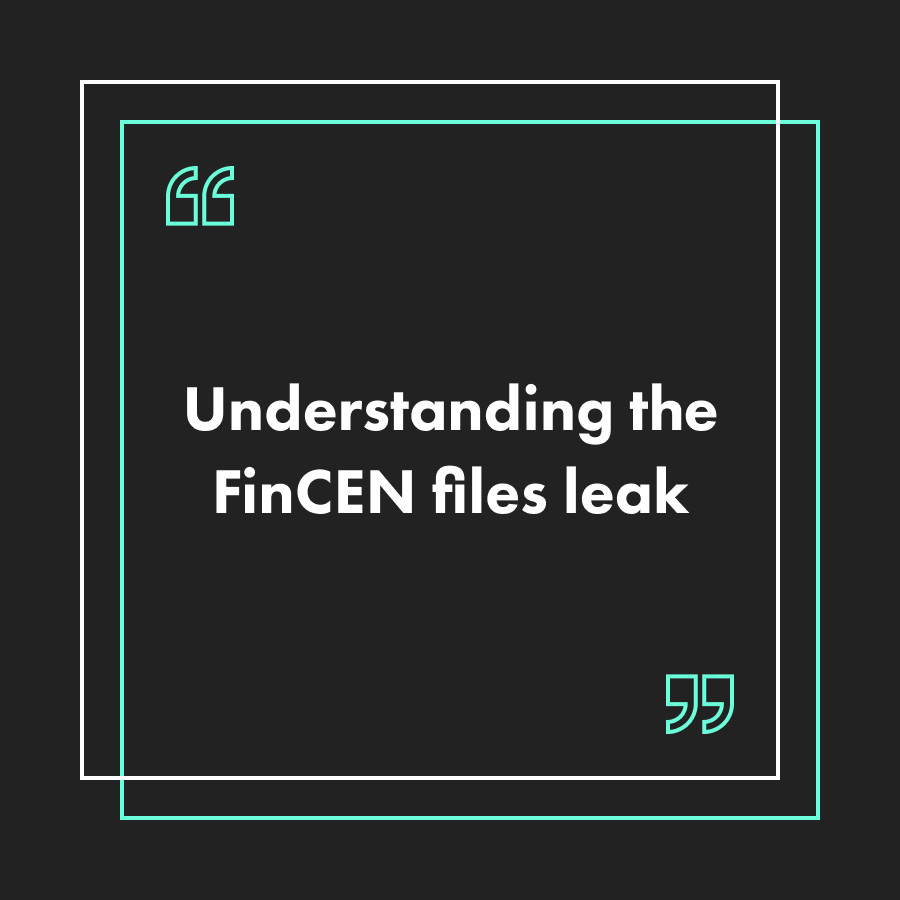
What the FinCEN files leak means for banks
There’s been a huge leak of files from FinCEN, the US-based Financial Crime Enforcement Network. Over 2000 Suspicious Activity Reports (SARs) and hundreds of other documents appear to show how banks have been unable to prevent trillions in money laundering, tax avoidance and criminality over the past decade. But there's a more in-depth story to uncover here.

Jobs to be Done: The gaps in US SMB financial services
David M. Brear interviewed Jonathan Larsen, CIO, Ping An and CEO of their Global Voyager Fund, a $1bn investment fund, specifically for fintech. He tells David all about the fund and the innovations in fintech coming from China and making a huge impact worldwide.

Zooming out: 11 learnings from a decade in fintech
Guest author Richard Davies shares his reflections as he transitions from his role as Revolut’s COO to Non Exec at Revolut, and CEO of Allica Bank. As fuel for the future he looks at his learnings from Revolut as well as his wider experiences and inspirations over the last decade in financial services and fintech.
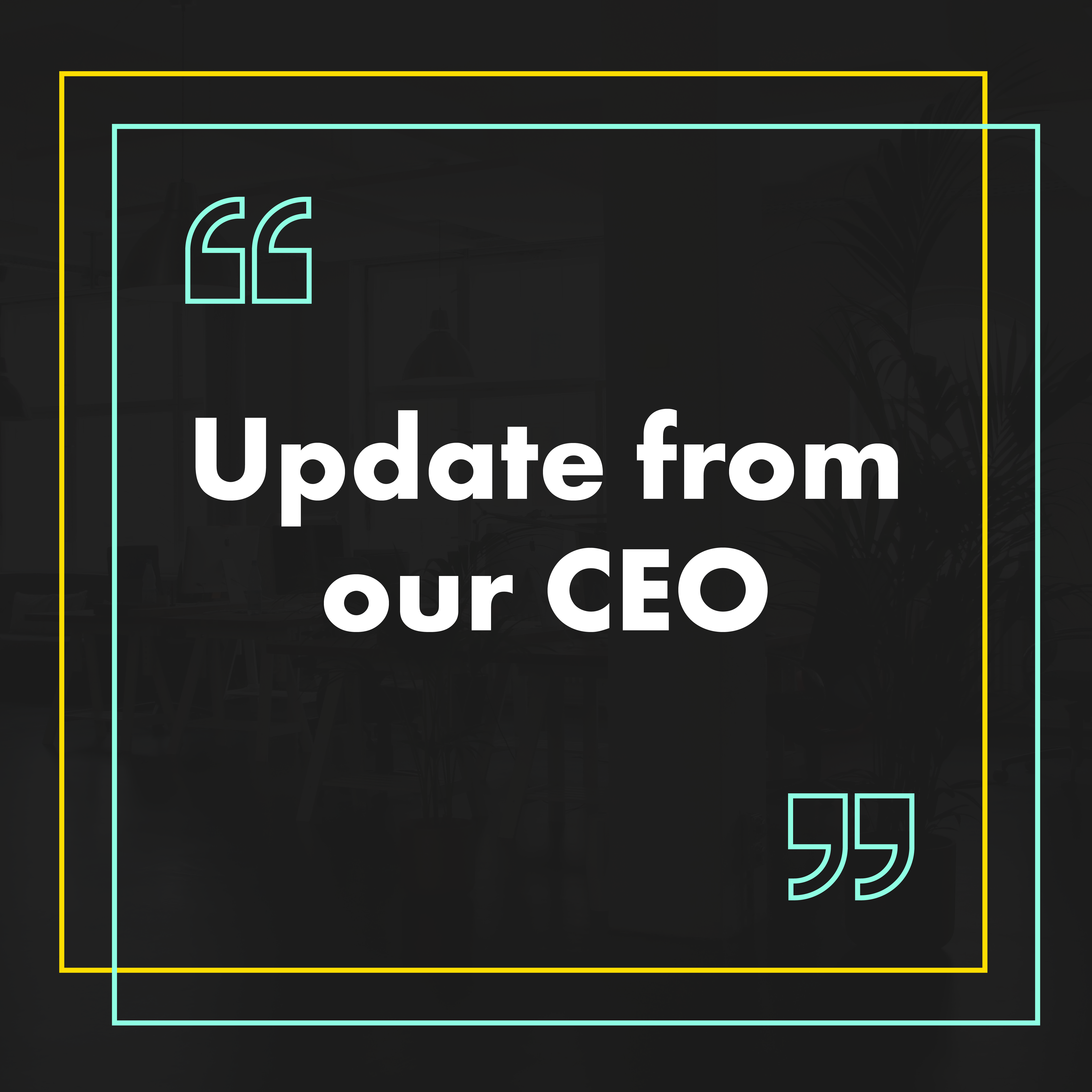
Town hall 27th July 2020: Business update from David
Good working culture is impossible without motivation. Therefore, it is essential to follow a model of organisation design that supports the conditions in which motivation can be maximised.

An introduction to engineering in 11:FS Consulting
At 11:FS, we build digital financial services, primarily banks. ‘Bank’ is a very broad term, of course, and our focus on client needs and ‘Jobs To Be Done’ approach (“People don’t want a mortgage, they want to buy a house”), means that we rarely set out to build a pure bank.

787
787. Insights: Why Should You Choose a Career in Financial Services?
Ross Gallagher is joined by some great guests to talk about recruitment in financial services, how today's applicants can stand out, and also what institutions can do to support diversity, equality & inclusion and create a culture for success.

786
786. Focus: Is the US creator economy being underserved by traditional finance?
11:FS CEO David M. Brear and Visa's Sophie Schulman are joined by some great guests to look at how fintech can support and shape the US creator economy.
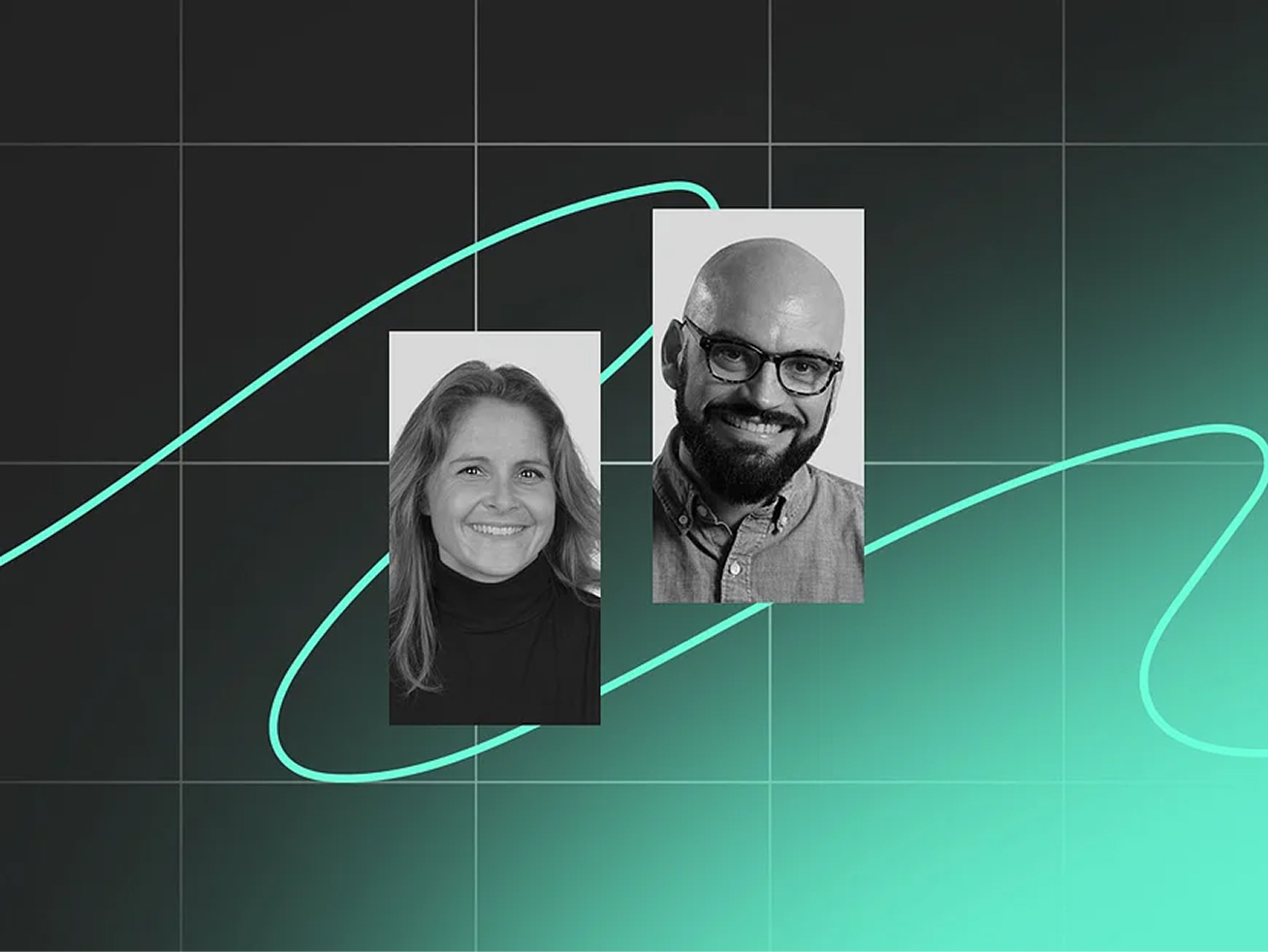
785
785. News: After Dark: Monzo's £1 investments, solving financial inclusion, and is cash still king?
David Brear and Ross Gallagher are joined by some great guests to talk about the most interesting stories in financial services over the last 7 days, including: Monzo's new investment platform, India hit their financial inclusion targets 41 years early, and cash payments are on the rise.

783
783. News: Adyen’s new banking licence, Perfios’ raise, and the secret to fintech success
Laura Watkins is joined by some great guests to talk about the most interesting stories in financial services over the last 7 days, including: Adyen get a UK banking licence, Perfios eye UK & US expansion, and a new campaign tackles the gender investment gap.

782
782. Insights: How should we measure success in fintech? (Rewind)
What is the best metric for measuring the success for fintech? In this rewind show from the archives, Benjamin Ensor is discussing the answer to that question, joined by some great guests, from Allica Bank, Anthemis, and This Week In Fintech.

781
781. Focus: Creating end to end access to finance in APAC with Vrutika Mody, Head of GoPay Global Partnerships
In this second episode on our deep dive into embedded finance in APAC, David Barton-Grimley and is joined by a fantastic guest, from GoPay, to talk about how embedded finance is opening up access for the unbanked in Indonesia and beyond.
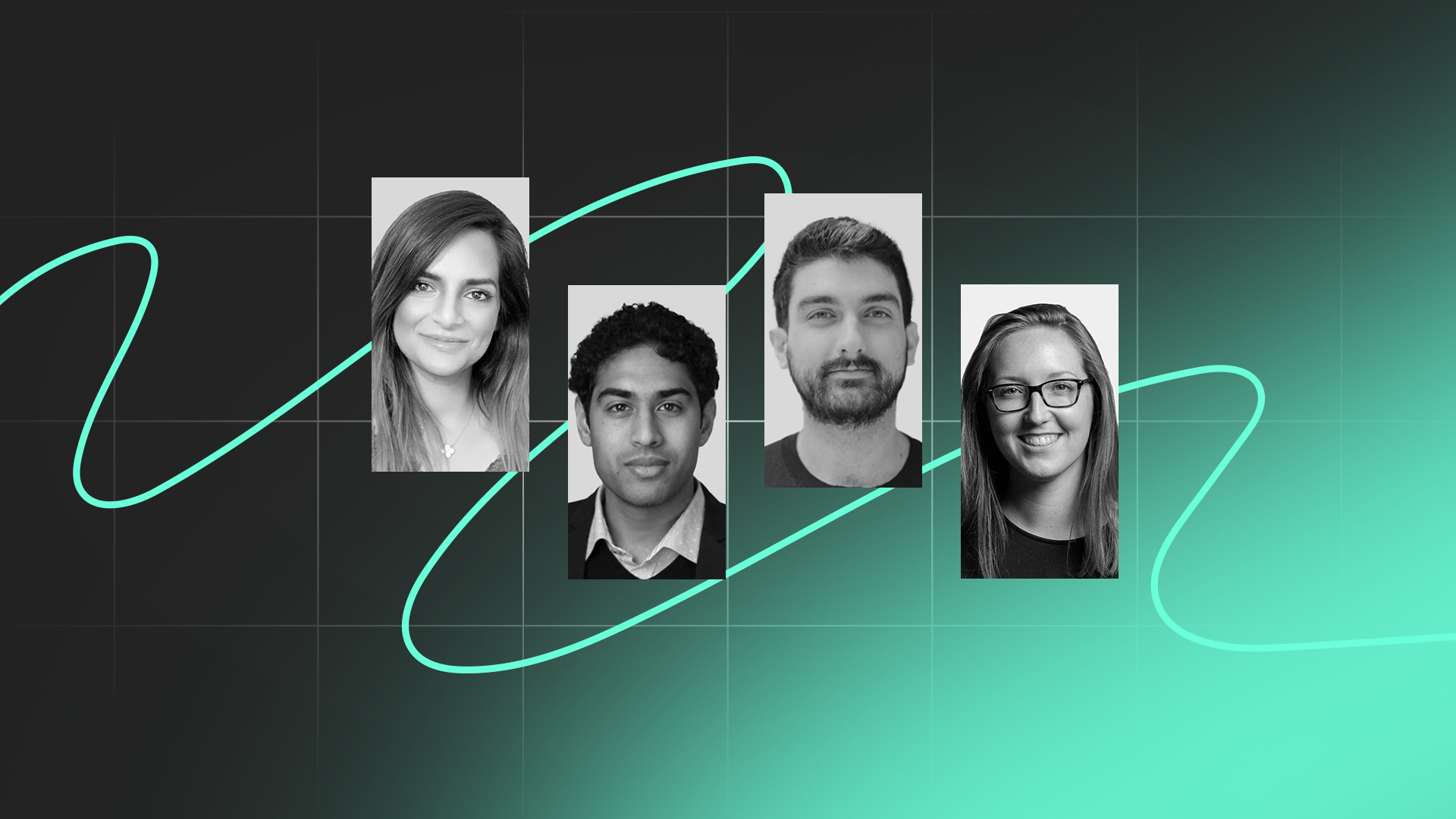
780
780. News: Klarna losses narrow fuelling IPO rumours, and Airwallex and Public join forces
Klarna rebuts misconceptions about their business model as losses narrow, more than one in eight bank branches are expected to close this year, Airwallex and Public team up for a new investment platform, and Switzerland want to impose the highest ALM standards in Europe. Kate Moody is joined by some great guests to talk about the most interesting stories in financial services over the last 7 days, including Alia Mahmud from ComplyAdvantage, The Financial Times' Siddharth Venkataramakrishnan, and Dann Bibas from Public.com.

779
779. Insights: What AI can and can’t do in financial services
David Brear is joined by a panel of experts from Cleo, Feedzai and Starling Bank to look at how financial services need to adapt to the changes brought by AI, where it can have the most influence and where the human touch is still needed.

195
195. Insights: The current state of stablecoins
L.F.G. Today we bring you: a super interesting discussion on the current status of stablecoins in the US and beyond and with the launch of PYUSD from PayPal what might the wider impact be? Are stablecoins going mainstream? All this and much more on today's Blockchain Insider!

778
778. News: JP Morgan invests in Brazil, African funding passes £2bn, and M-Pesa enter Ethiopia
JP Morgan increases its investment in Brazilian neobank C6, as Goldman Sachs sells its PFM unit, African fintech investment surpasses $2 billion, as M-Pesa enter Ethiopia for the first time. Benjamin Ensor and David Barton-Grimley are joined by some great guests to talk about the most interesting stories in financial services over the last 7 days, including Sarah Kocianski and Samee Zahid from Chipper Cash.

777
777. Insights: Will FedNow flop or not?
Benjamin Ensor is joined by some great guests from Orum and Consult Hyperion to talk about the recent launch of FedNow in the US and what the impact will be in the US and globally.

776
776. Focus: How is embedded finance disrupting access to finance in APAC?
David M. Brear is joined by some great guests from Visa, BigPay and Wise to discuss the evolution and growth opportunities of embedded finance in Asia-Pacific!

775
775. News: Ramp raises $300m, Goldman returns to the rich and Monzo tops the charts
Ramp raises $300M (and that's a down round!), Goldman Sachs plans sale to concentrate on the ultra-wealthy and Monzo is named best bank - Kate Moody and Benjamin Ensor are joined by some great guests from CCG and Lightyear to talk about the most interesting stories in financial services over the last 7 days.

774
774. Insights: How are financial services players using blockchain?
David Brear is joined by some great guests from Fireblocks, DigitalX and Moniflo to talk about how financial services are actually using blockchain technology and how they choose an option that works best for them.

194
194. Insights: What is the impact of AI on social media and web3?
L.F.G. Today we bring you: a super interesting discussion on the impact AI software and AI generated content can have on the world of social media, and where the overlaps with the crypto space live, and how to make this safe for consumers. All this and much more on today's Blockchain Insider!
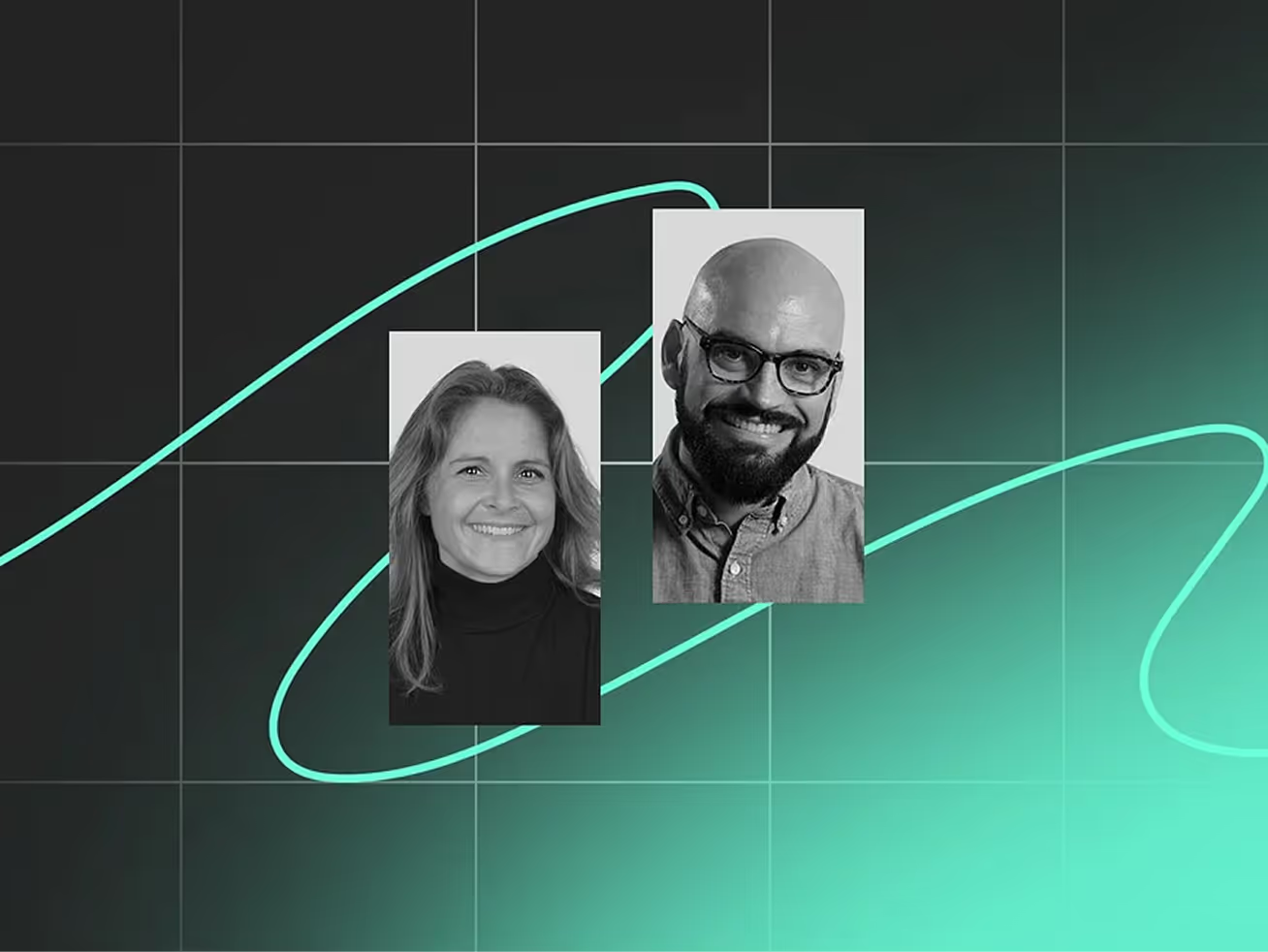
960
Insights: The future of Revolut with UKCEO Francesca Carlesi
The UK banking battlefield has never been more competitive. Customers expectfinancial apps that are personalised, seamless, and that genuinely make a differenc...

960
Insights: The future of Revolut with UKCEO Francesca Carlesi

960
Insights: The future of Revolut with UKCEO Francesca Carlesi
The UK banking battlefield has never been more competitive. Customers expectfinancial apps that are personalised, seamless, and that genuinely make a differenc...

960
Insights: The future of Revolut with UKCEO Francesca Carlesi

960

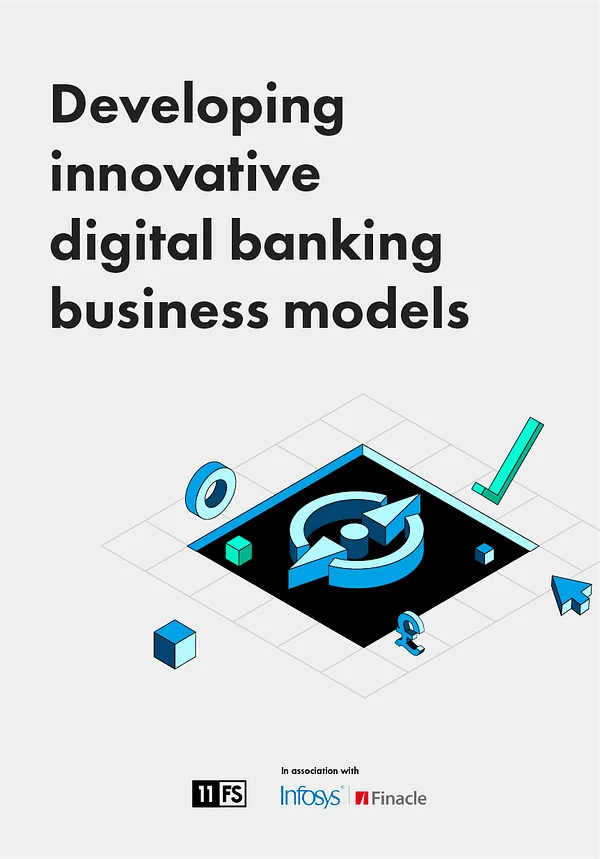


.svg)
.svg)
